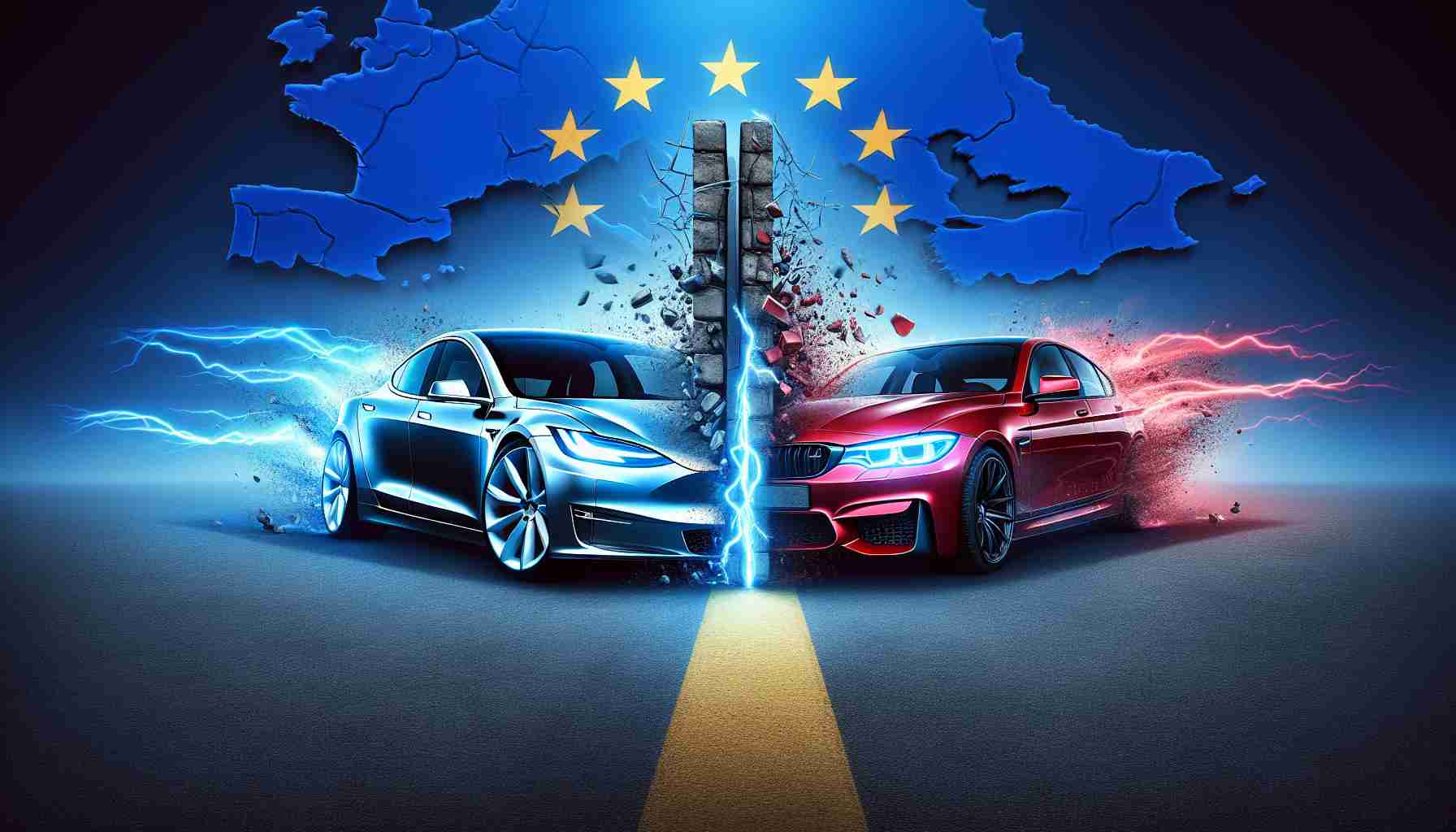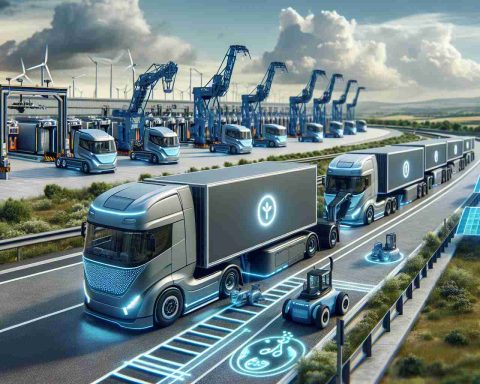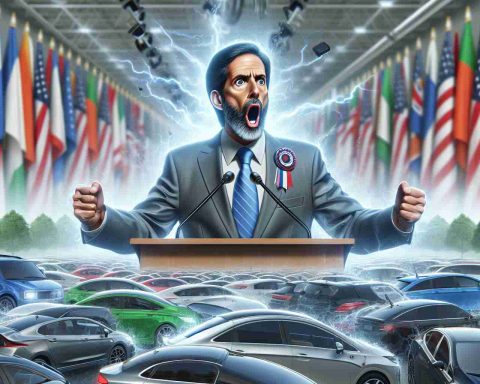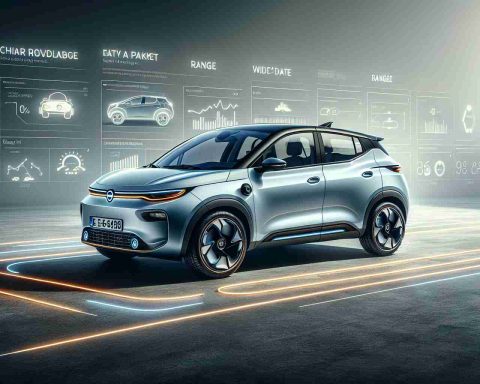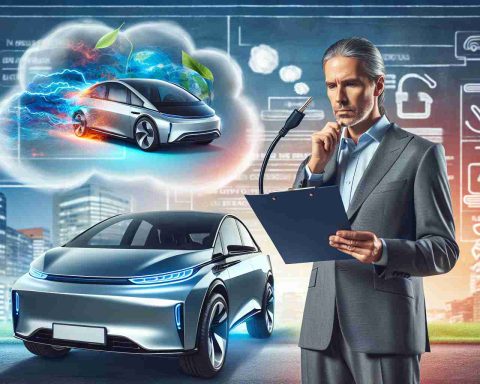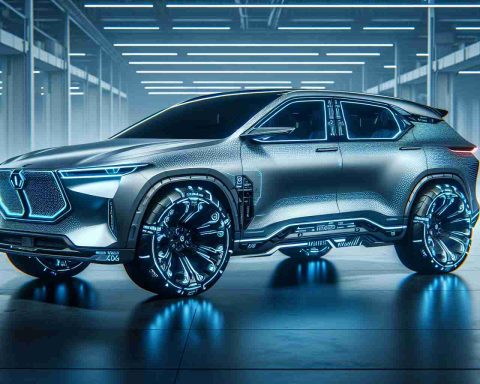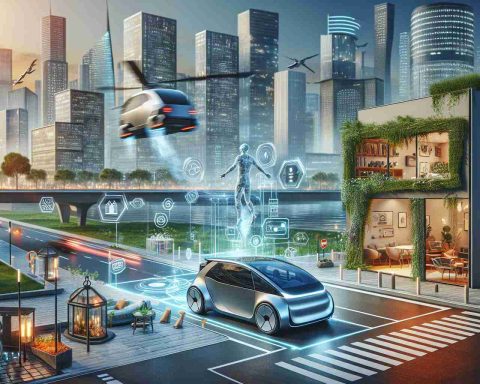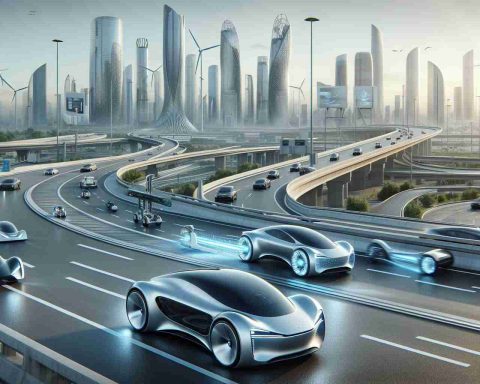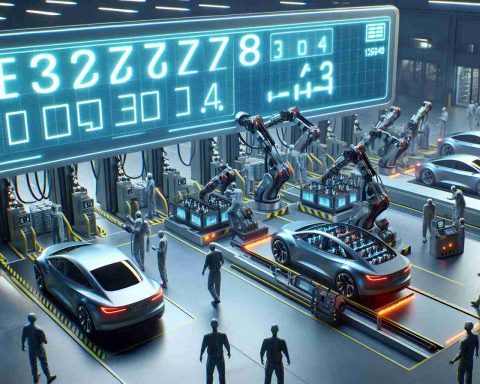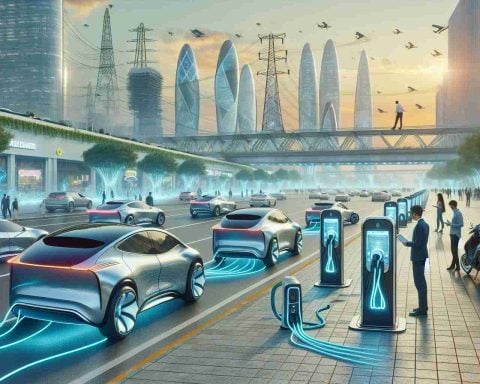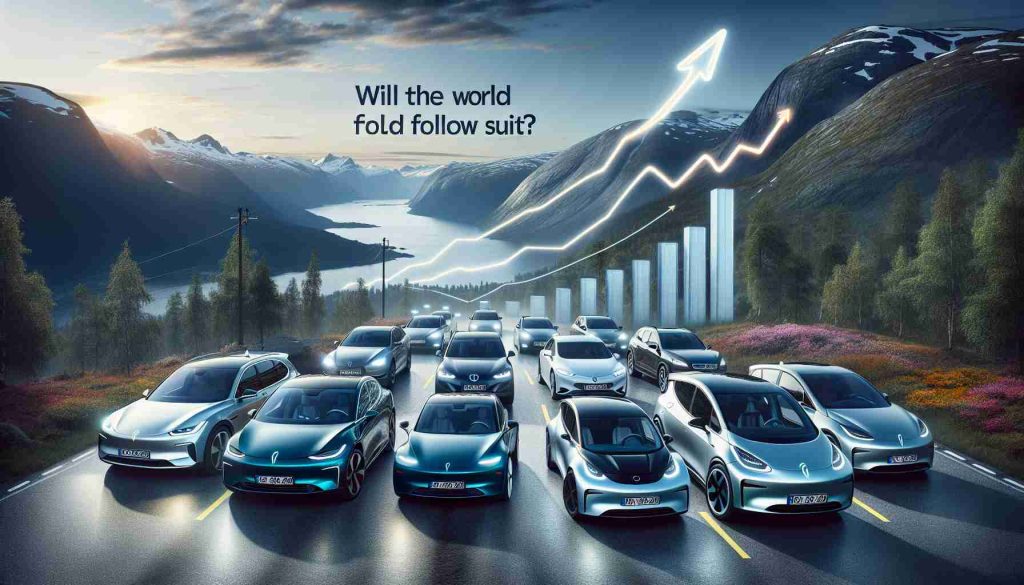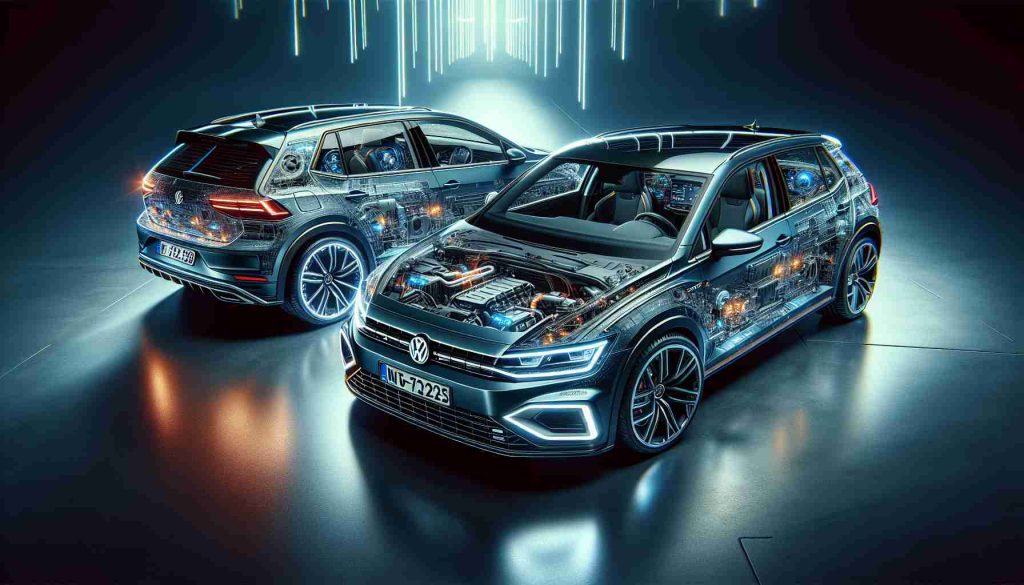- Tesla and BMW are challenging new EU tariffs on Chinese electric vehicles in a legal battle.
- The tariffs impose a 10% duty on all Chinese-made EVs, with BMW facing a 20.7% tariff and Tesla 7.8% on specific models.
- CEO of BMW suggests reducing tariffs to 2.5% for both EU and U.S. vehicles to maintain market competitiveness.
- The tariffs could hinder international trade and impact the transition to electric vehicles in Europe.
- Tesla has experienced significant sales declines in Europe, with registrations dropping by up to 63% in some areas.
- The resolution of this situation is critical for the future of electric mobility in Europe.
In a bold move, Tesla and BMW are taking a stand against the European Commission’s hefty new tariffs on Chinese-manufactured electric vehicles (EVs). This legal clash, taking place in the EU’s General Court, marks a dramatic escalation in the ongoing struggle between global automakers and the EU’s crackdown on perceived unfair competition from China.
The recent tariffs, introduced after a thorough EU investigation, hit all Chinese-made EV imports with a 10% duty, plus an additional burden for certain manufacturers—BMW faces a staggering 20.7%, while Tesla’s Shanghai-built models endure a painful 7.8% levy. Other Chinese brands like BYD and Geely are also feeling the heat, with some facing levies soaring to 35.3%.
In response, BMW’s CEO has proposed a revolutionary idea: a mere 2.5% tariff for both EU and U.S. vehicles, aimed at leveling the playing field and preventing crippling price hikes for customers. This sentiment resonates with both Tesla and BMW, who argue these tariffs not only threaten international trade but may also stall Europe’s ambitious electric transition.
As car giants navigate their options—whether to absorb these extra costs, raise prices, or shift production to Europe—the stakes have never been higher. Reports reveal Tesla’s sales in Europe have already taken a nosedive, with registrations plummeting by as much as 63% in some regions.
The takeaway? As the automotive world wrestles with these new challenges, the future of electric mobility in Europe hangs in the balance. Stay tuned, as this saga unfolds amid fierce competition and evolving regulations!
EV Price Wars: How Tariffs are Sparking a Revolution in Europe’s Electric Vehicle Market
The recent clash between Tesla and BMW against the European Commission’s tariffs on Chinese electric vehicles (EVs) has thrown a spotlight on several key aspects of the automotive market in Europe. This legal battle not only reflects a struggle for survival in a volatile market but also underscores deeper implications for EV pricing, innovation, and sustainability.
Key Features of the Situation
1. Market Impact: The introduction of a 10% tariff on Chinese EVs, with some manufacturers facing fees as high as 35.3%, is forcing companies to reassess their pricing strategies. Tesla’s sales in Europe have significantly decreased, with reports indicating a drop of up to 63% in vehicle registrations in certain regions.
2. Innovative Responses: BMW’s CEO has suggested a drastic reduction in tariffs to just 2.5% for both EU and U.S. vehicles. This cooperative approach may foster a more stable market and prevent steep price increases that could alienate customers.
3. Long-term Trends: The sanctions on Chinese imports are instigating a shift in production strategies, as companies look to either absorb extra costs, raise vehicle prices, or move production facilities closer to the European market. This could lead to a resurgence in local manufacturing and reshuffle the competitive landscape.
Important Questions Answered
1. What are the expected trends in the electric vehicle market following the tariff implementation?
The electric vehicle market might see increased local production, stabilization of prices through reduced tariffs, and potential innovation in vehicle manufacturing as automakers seek to adapt. This could also enhance competition among EU-based manufacturers competing against Chinese imports.
2. How will these tariffs affect consumer prices and options in Europe?
As automakers grapple with the decision to absorb costs or raise prices, consumers may face higher prices for EVs. Alternatively, if firms successfully lobby for lower tariffs, it could prevent steep price hikes, maintaining a diverse range of affordable options for consumers.
3. What steps might automakers take to mitigate the effects of these tariffs?
Automakers might consider diversifying their supply chains, localizing production within the EU, investing in new technologies to enhance the appeal of their vehicles, and possibly lobbying for revised tariff structures that promote fair competition.
Additional Insights
– Sustainability Implications: The pushback against tariffs could signify a renewed commitment to sustainable practices in the automotive industry by minimizing carbon footprints associated with long-distance shipping of EVs.
– Predictions for Market Dynamics: Analysts predict that ongoing legal challenges surrounding this issue may result in a more balanced and competitive EV market in Europe over the coming years.
– Compatibility of Automotive Technologies: As the market shifts, the compatibility of different EV technologies with European standards will be critical in determining which automakers succeed in navigating this changing landscape.
For more information about the electric vehicle market and related news, visit Tesla and BMW.
